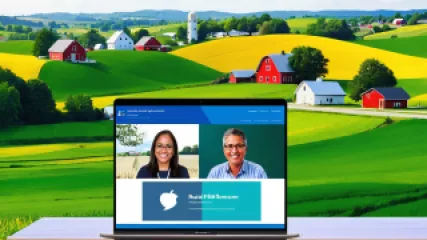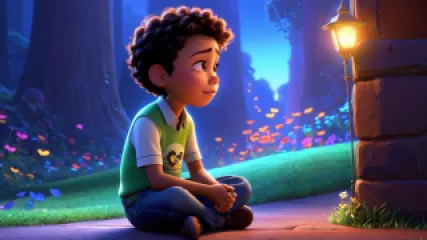Unlocking Hope: An Interview with a Therapist Helping Adolescents Overcome Challenges
il y a 1 an
Défis des adolescents
How Social Networking Impacts Personal and Professional Lives: An Interview with a Social Media Influencer
il y a 1 an
Impact des réseaux sociaux
How to Heal the Mind and Spirit Through Mindful Spirituality
il y a 1 an
Spiritualité et santé mentale
My Journey to Achieving a Healthy Work-Life Balance
il y a 1 an
Équilibre travail-vie
Empowering Rural Residents: An Interview on Mental Health Supports
il y a 1 an
Santé mentale en milieu rural
How to Overcome Procrastination: 5 Proven Strategies
il y a 1 an
Surmonter la procrastination
My Journey to Embracing Criticism and Anxiety Therapy
il y a 1 an
Gérer les critiques
Why Prioritizing Emotional Health is Crucial for Overall Well-being
il y a 1 an
Santé émotionnelle
Embracing Obstacles: A Pathway to Personal Growth
il y a 1 an
Surmonter les obstacles
How to Unlock Your Personal Power in Psychology
il y a 1 an
Pouvoir personnel en psychologie
Lessons for Gratitude from Pixar's 'Soul'
il y a 1 an
Pratique de la gratitude
10 Best Online Support Groups for Social Networking Impact
il y a 1 an
Impact des réseaux sociaux
My Gratitude Practice: Transforming My Mindset for Positivity
il y a 1 an
Pratique de la gratitude
10 Surprising Ways Social Networking Impacts Your Life
il y a 1 an
Impact des réseaux sociaux
10 Proven Strategies to Resolve Sibling Rivalry
il y a 1 an
Solutions pour la rivalité entre frères et sœurs















